
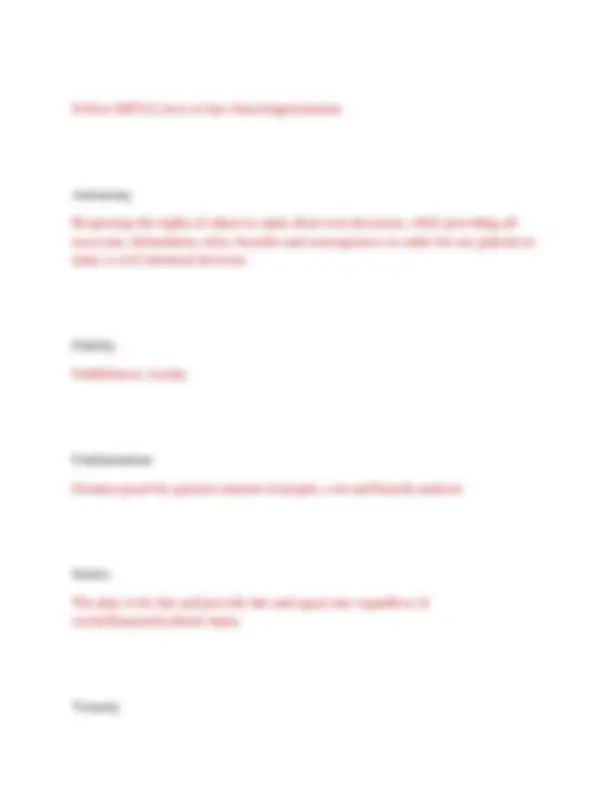
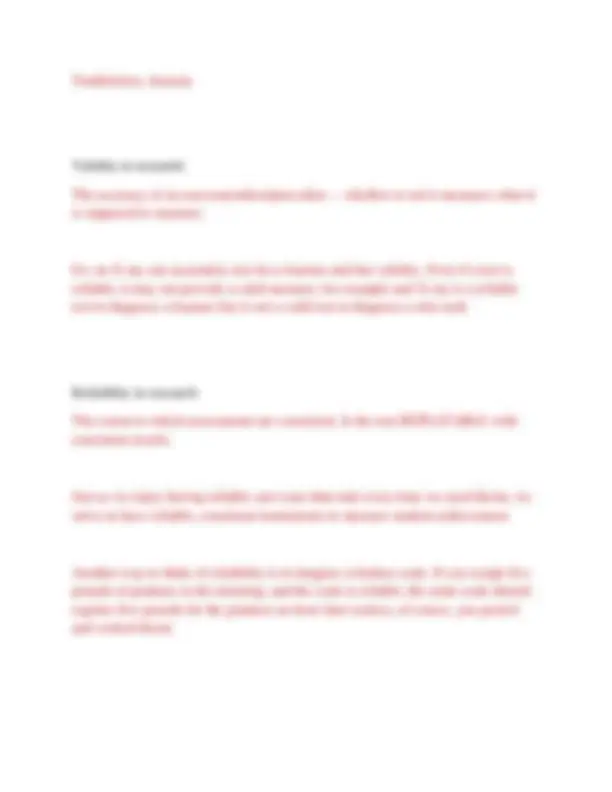
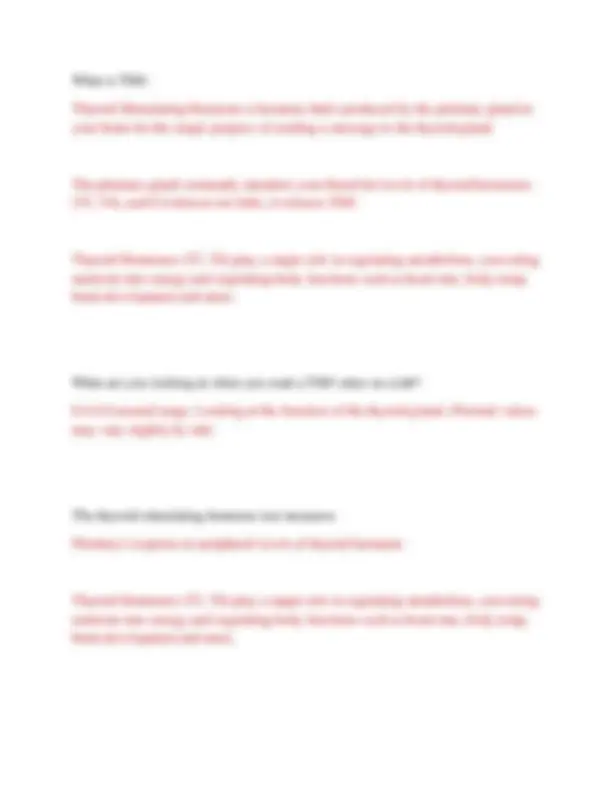
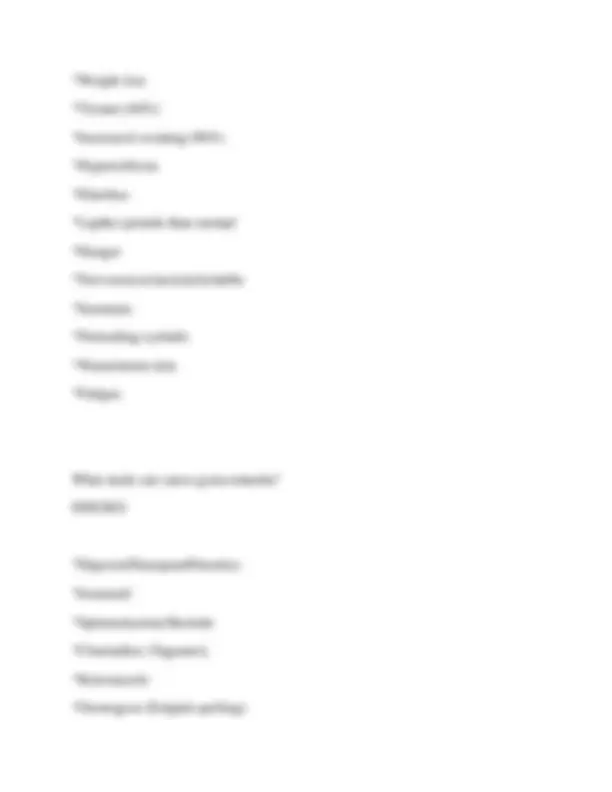
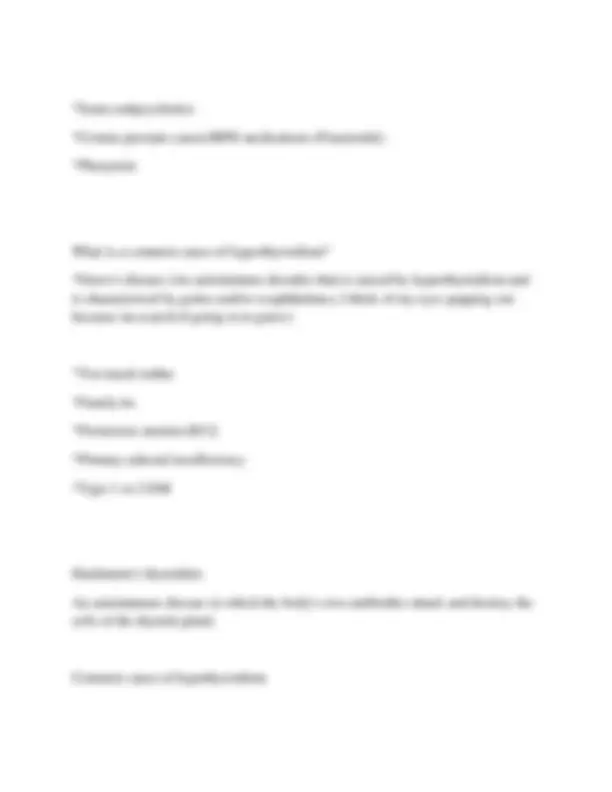
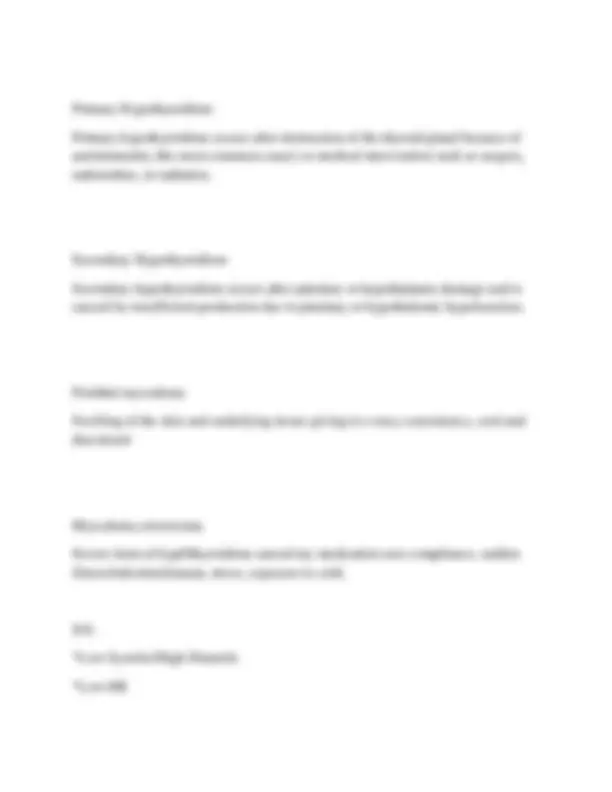
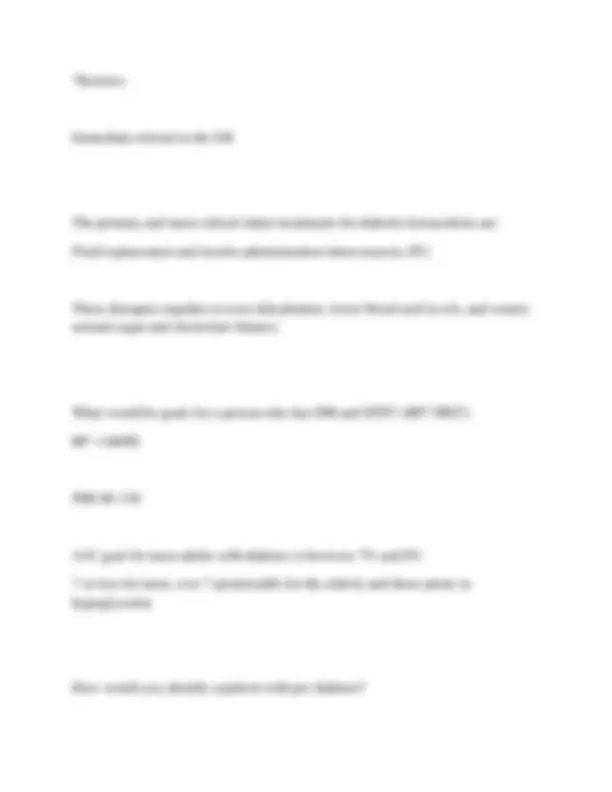
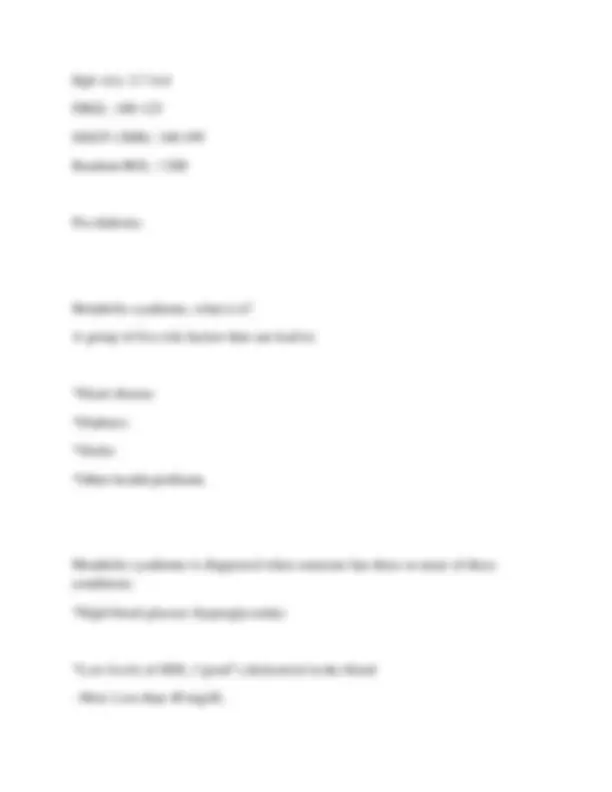
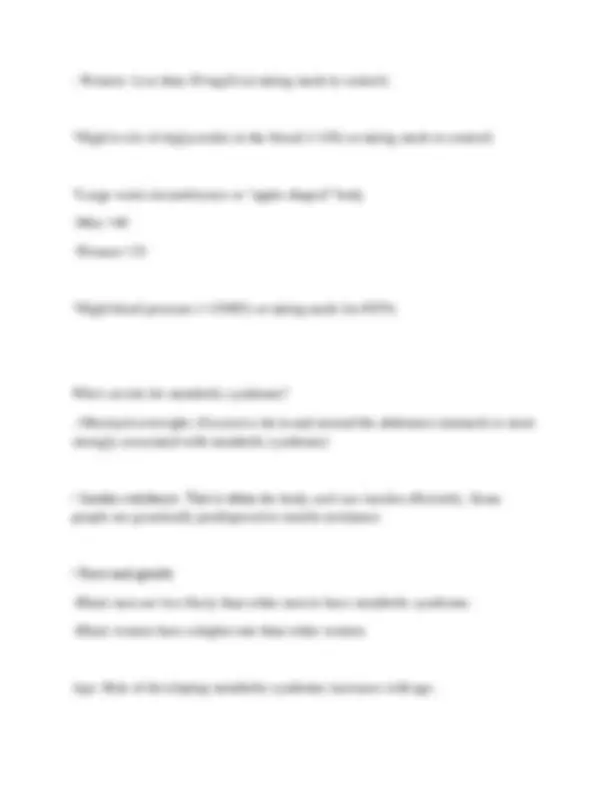
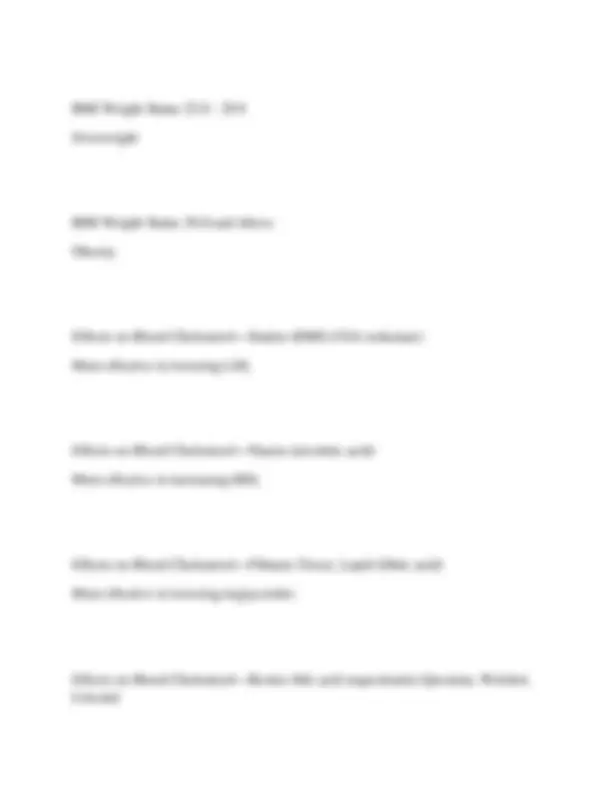
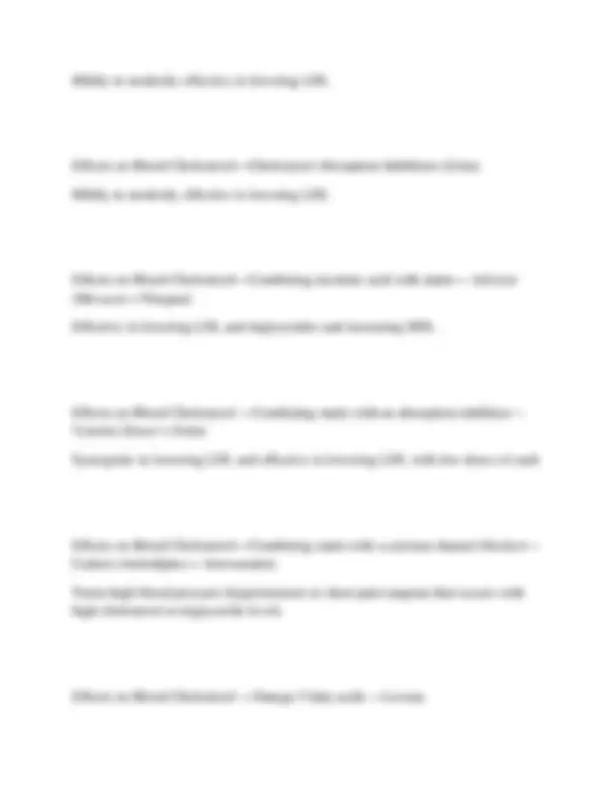
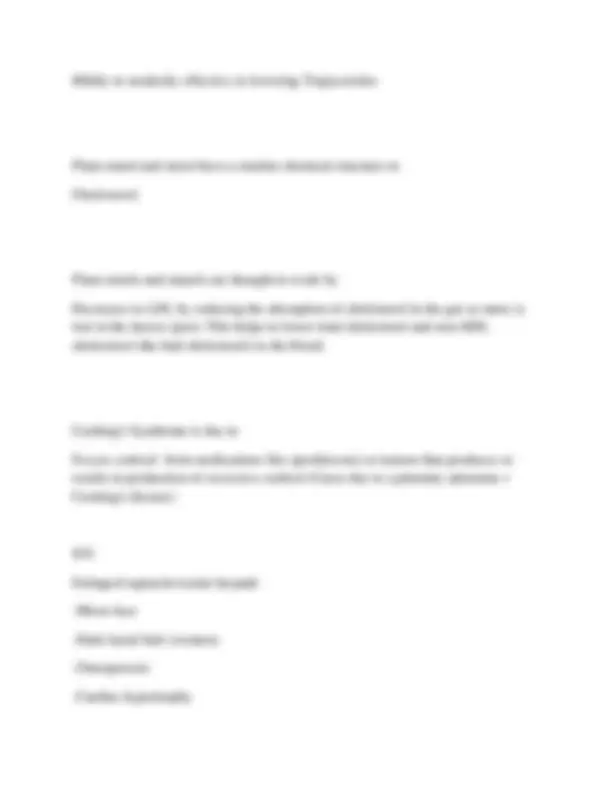
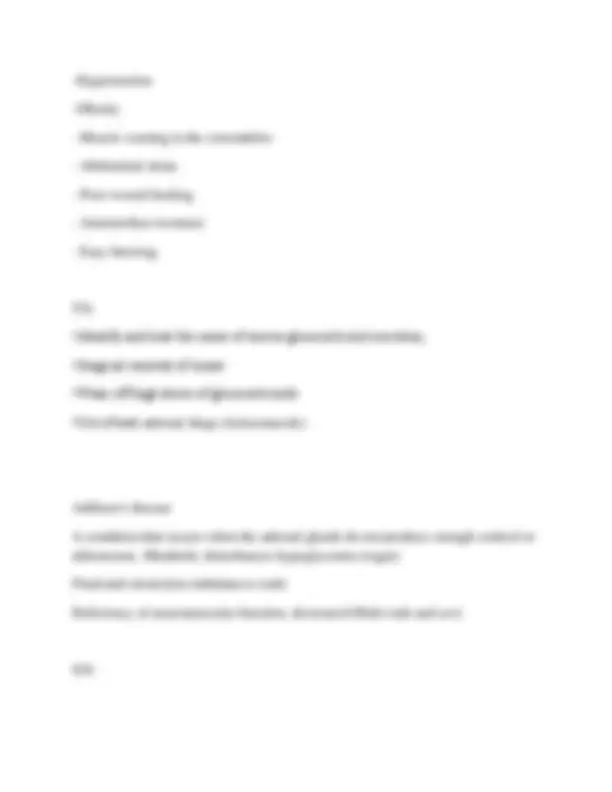
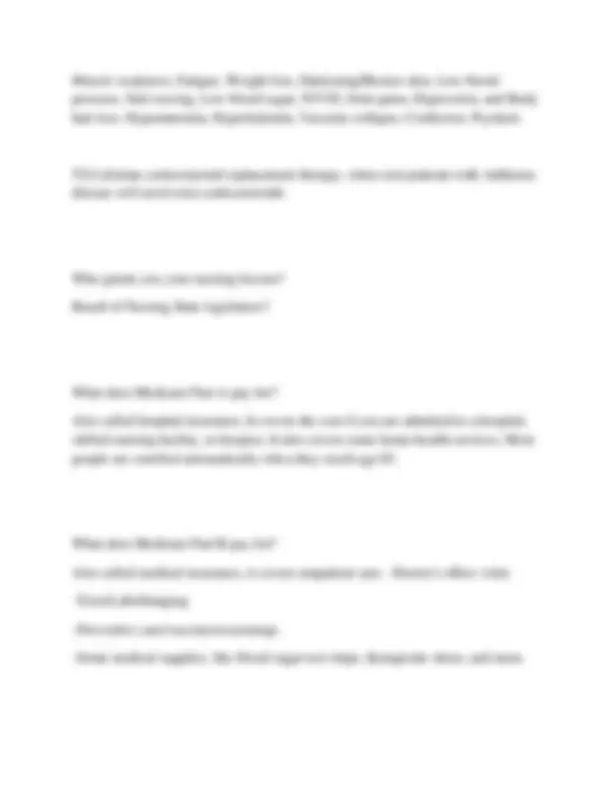
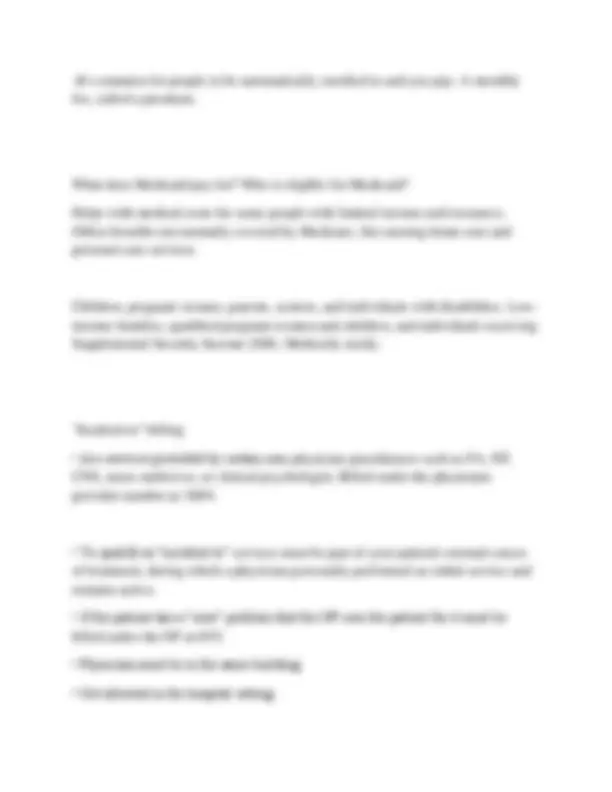
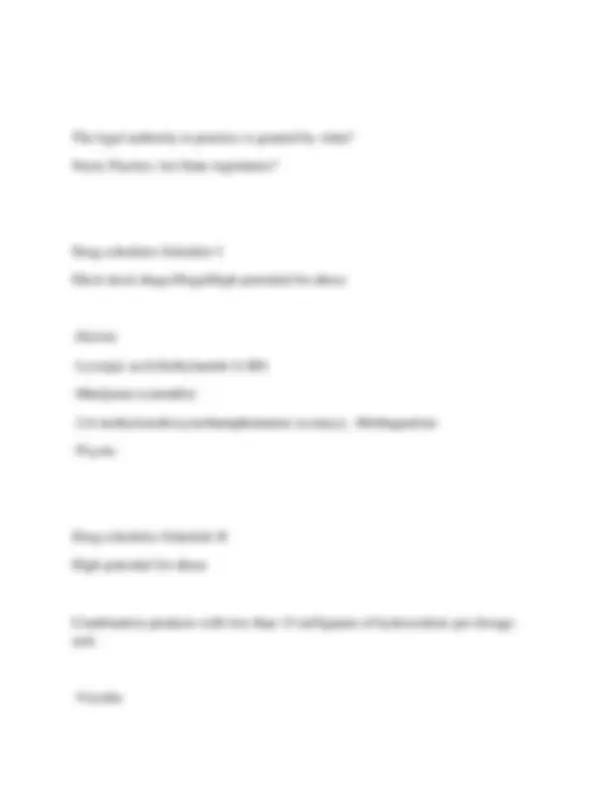
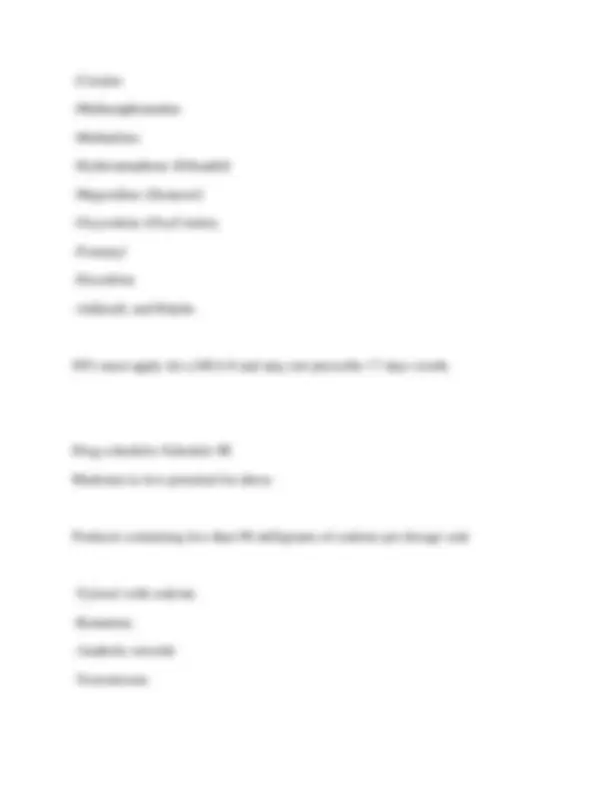
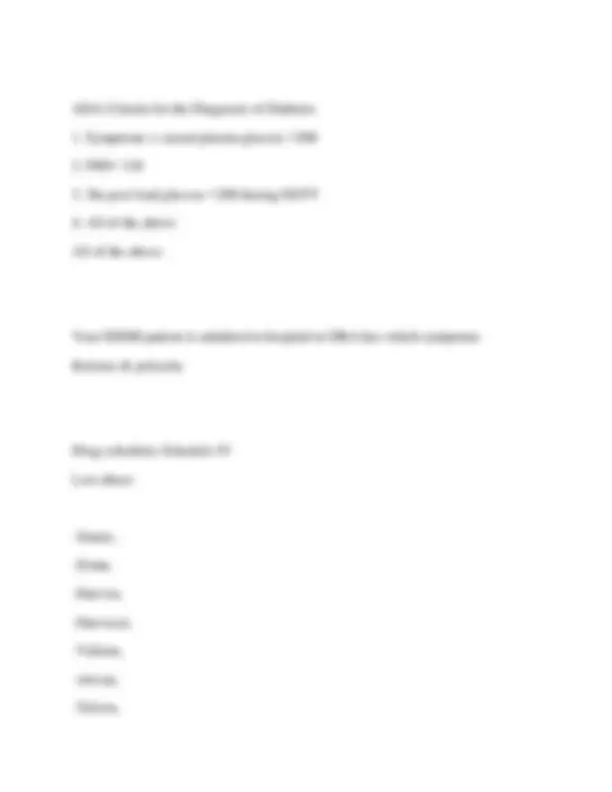
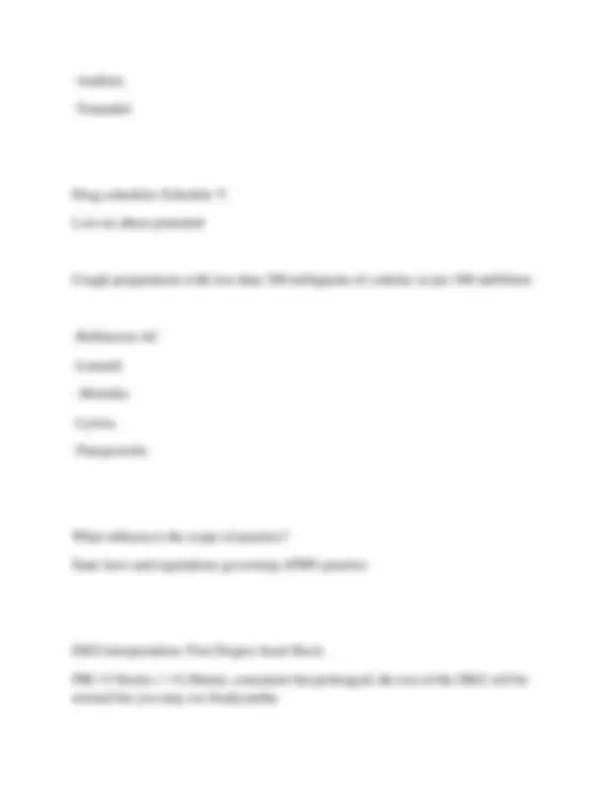
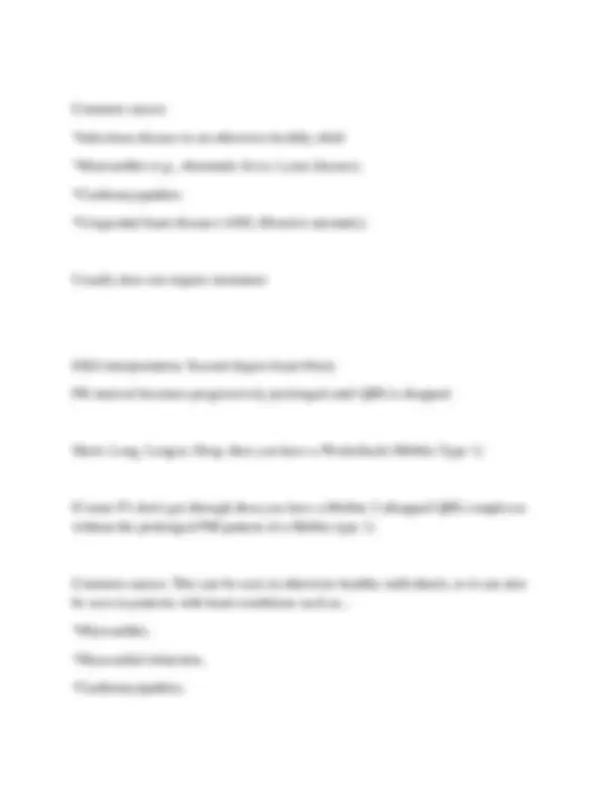
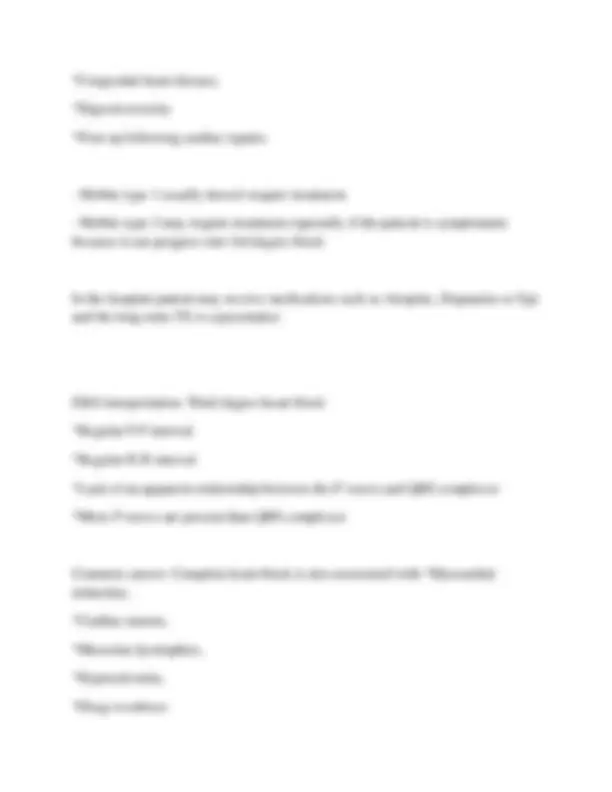
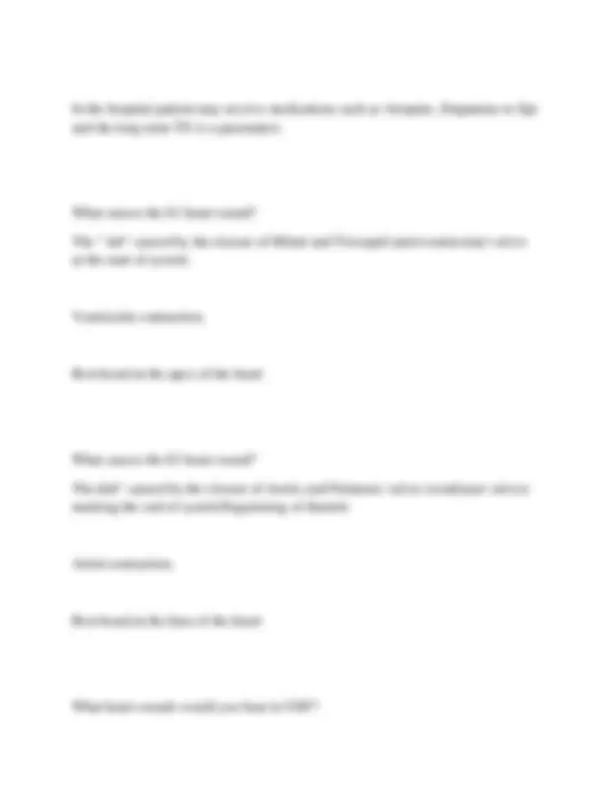
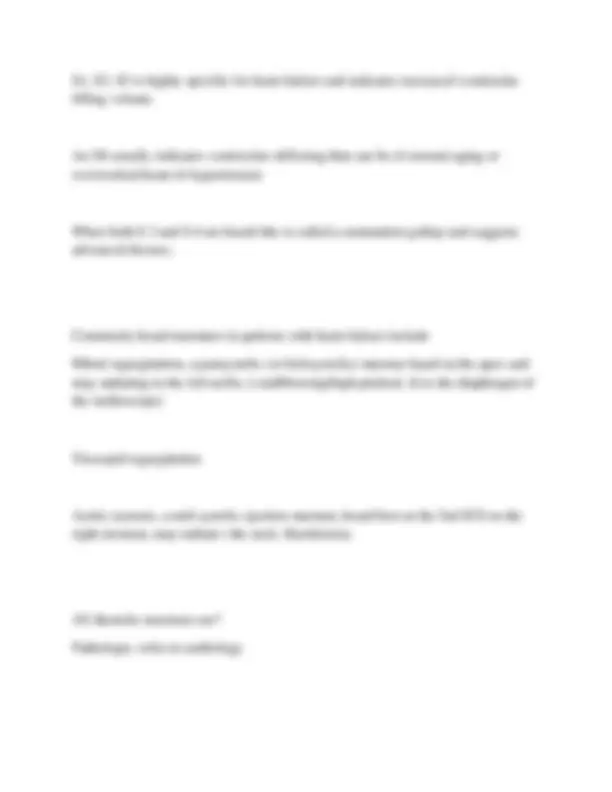
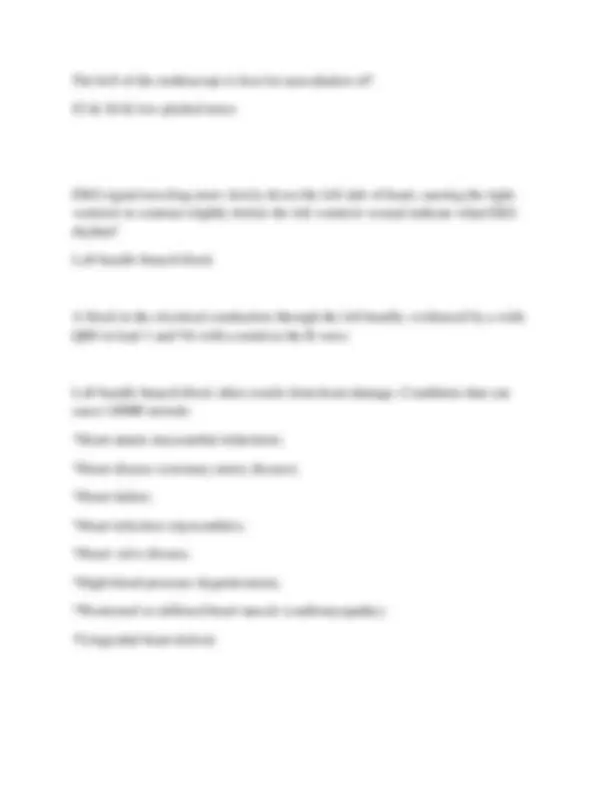
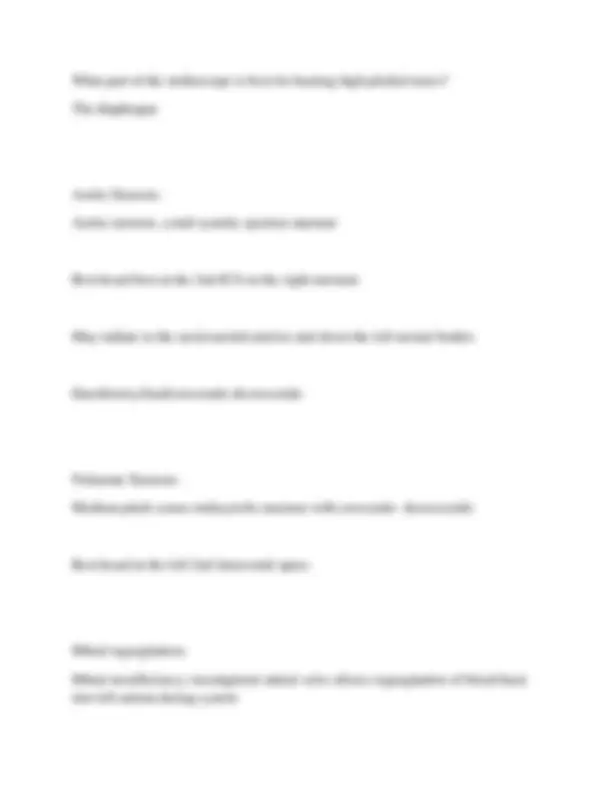
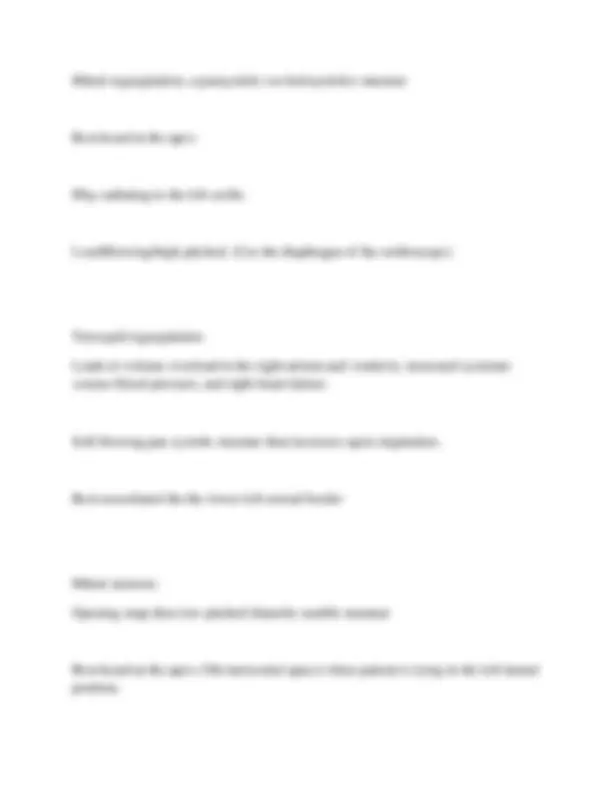
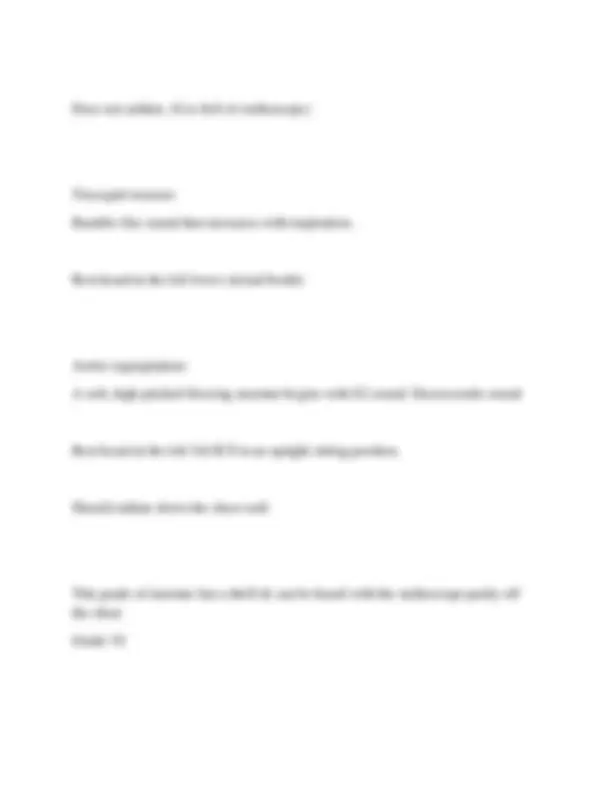
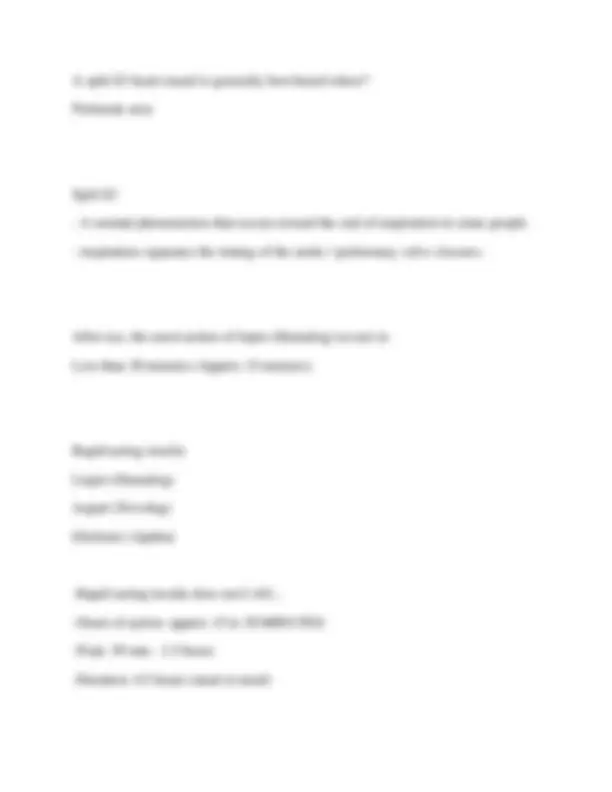
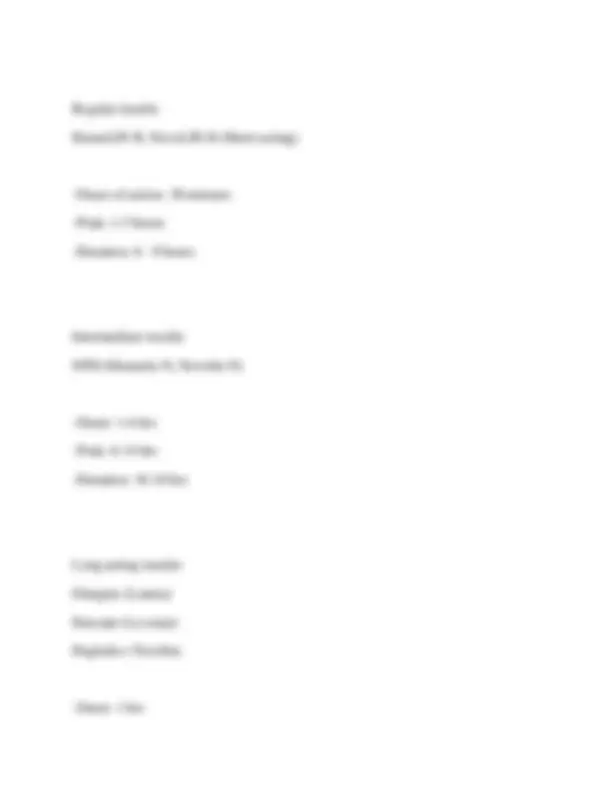
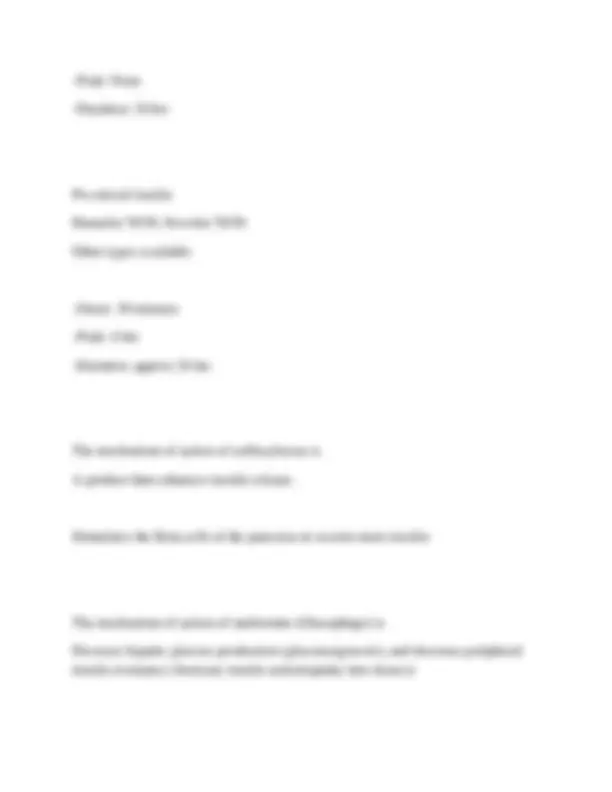
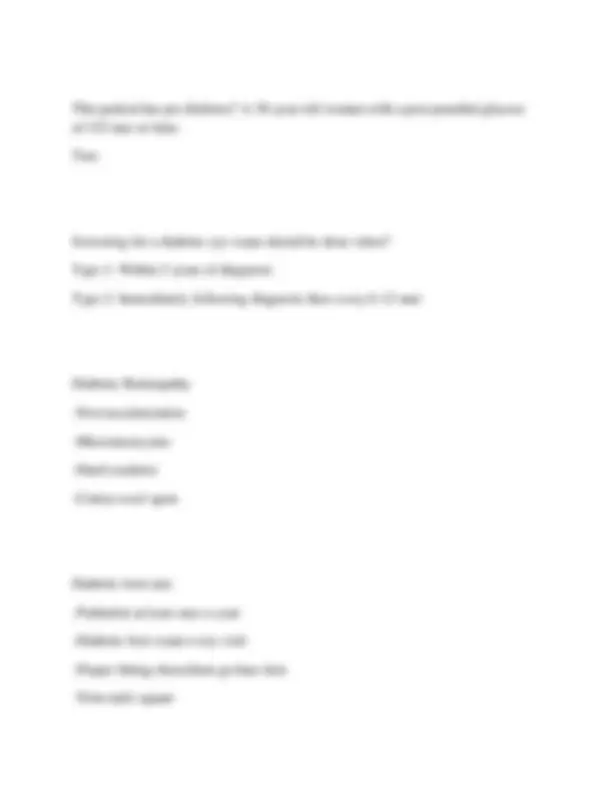
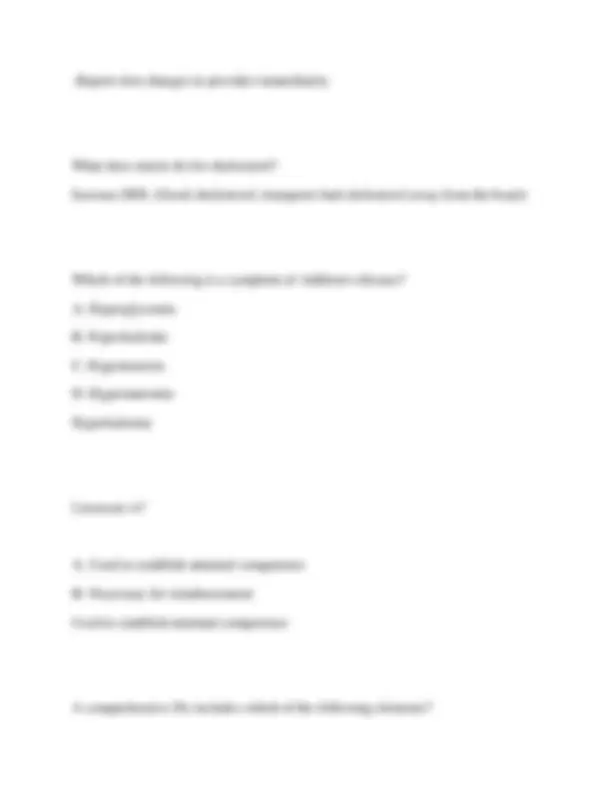
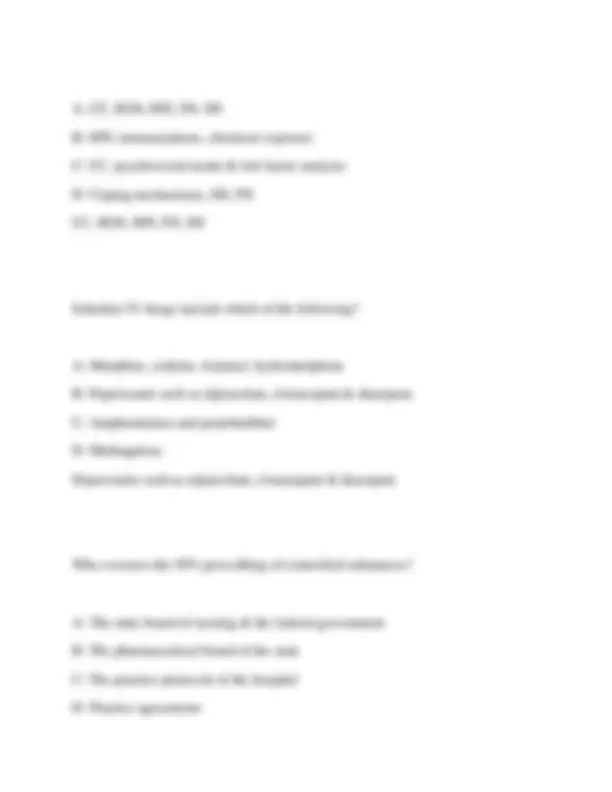
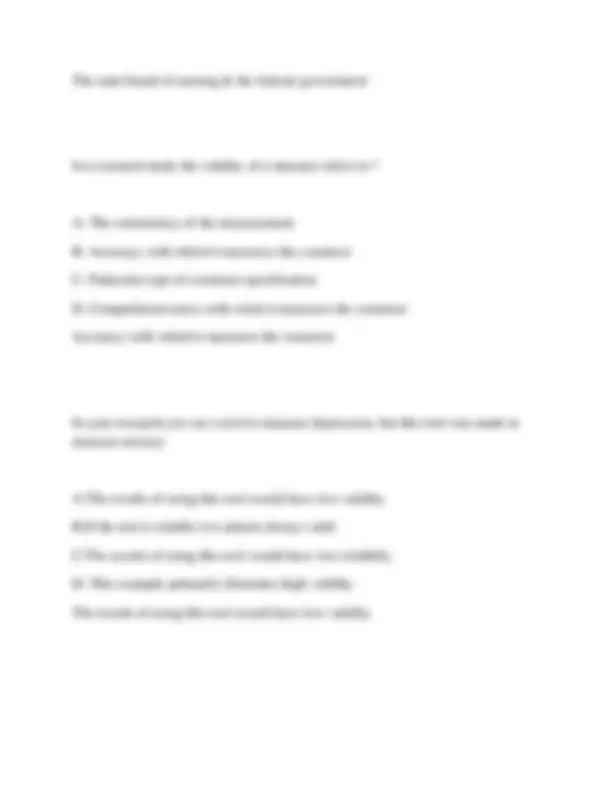
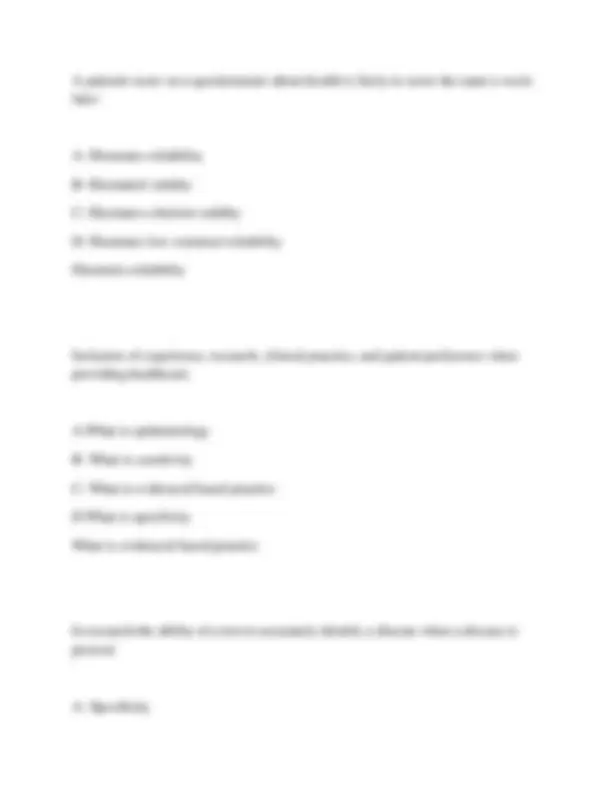



Study with the several resources on Docsity

Earn points by helping other students or get them with a premium plan


Prepare for your exams
Study with the several resources on Docsity

Earn points to download
Earn points by helping other students or get them with a premium plan
Community
Ask the community for help and clear up your study doubts
Discover the best universities in your country according to Docsity users
Free resources
Download our free guides on studying techniques, anxiety management strategies, and thesis advice from Docsity tutors
NGR 6619 EXAM 1 2025-2026 QUESTIONS AND ANSWERS GRADED A+ GUARANTEED PASS NGR 6619 EXAM 1 2025-2026
Typology: Exams
1 / 44

This page cannot be seen from the preview
Don't miss anything!





































If you are looking up evidence-based research, what kind of research study will give you the strongest evidence?
A Systematic Review of: Level 1 Randomized Control Trial (RTC) or Meta- analysis of RCT with homogenous results.
What is Sensitivity in research?
The ability of a screening instrument to correctly diagnose the disease/condition you are researching.
Sensitivity identifies a true positive rate of the disease (they actually do have the disease).
Sick people correctly identified as sick = True positive
SNout: Sensitivity "Rules out"
What is Specificity in research?
The ability of screening instrument to correctly identify non cases, or determine subjects who do not have the disease you are studying.
The number of people in you research group found as healthy (not sick) =True negative
SPin: Specificity "Rules in"
Beneficence:
Defined by the ANA as: "actions guided by compassion."
We utilize beneficence daily as we administer pain medication or hold the hand of a grieving family member
Non-malfeasance:
Selecting interventions that will cause the least amount of harm to achieve a beneficial outcome
Confidentiality:
Maintaining privacy
Truthfulness, honesty
Validity in research:
The accuracy of an assessment/test/procedure -- whether or not it measures what it is supposed to measure.
Ex: an X-ray can accurately test for a fracture and has validity. Even if a test is reliable, it may not provide a valid measure, for example and X-ray is a reliable test to diagnose a fracture but is not a valid test to diagnose a skin rash
Reliability in research:
The extent to which assessments are consistent. Is the test REPEATABLE with consistent results.
Just as we enjoy having reliable cars (cars that start every time we need them), we strive to have reliable, consistent instruments to measure student achievement.
Another way to think of reliability is to imagine a kitchen scale. If you weigh five pounds of potatoes in the morning, and the scale is reliable, the same scale should register five pounds for the potatoes an hour later (unless, of course, you peeled and cooked them)
What is TSH:
Thyroid Stimulating Hormone-a hormone that's produced by the pituitary gland in your brain for the single purpose of sending a message to the thyroid gland.
The pituitary gland constantly monitors your blood for levels of thyroid hormones (T3, T4), and if it detects too little, it releases TSH
Thyroid Hormones (T3, T4) play a major role in regulating metabolism, converting nutrients into energy and regulating body functions such as heart rate, body temp, brain development and more.
What are you looking at when you read a TSH value on a lab?
0.4-4.0 normal range. Looking at the function of the thyroid gland. (Normal values may vary slightly by lab)
The thyroid stimulating hormone test measures
Pituitary's response to peripheral levels of thyroid hormone
Thyroid Hormones (T3, T4) play a major role in regulating metabolism, converting nutrients into energy and regulating body functions such as heart rate, body temp, brain development and more.
Signs of hypothyroidism:
*Fatigue
*Increased sensitivity to cold
*Constipation
*Dry skin
*Weight gain
*Puffy face
*Hoarseness
*Muscle weakness, aches, tenderness
*Elevated blood cholesterol level
*Pain, stiffness or swelling in your joints
*Heavier than normal or irregular menstrual periods,
*Thinning/brittle hair
*Slowed heart rate
*Depression
*Impaired memory/slowed thinking
*Enlarged thyroid gland (goiter)
Signs of hyperthyroidism
*Heat intolerance (92%)
*Tachycardia (96%)/palpitations
*Weight loss
*Tremor (84%)
*Increased sweating (96%)
*Hyperreflexia
*Diarrhea
*Lighter periods than normal
*Hunger
*Nervousness/anxiety/irritable
*Insomnia
*Protruding eyeballs
*Warm/moist skin
*Fatigue
What meds can cause gynecomastia?
DISCKO:
*Digoxin/Diazepam/Diuretics
*Isoniazid
*Spironolactone/Steroids
*Cimetadine (Tagamet),
*Ketconazole
*Oestrogens (Enlgish spelling)
Primary Hypothyroidism
Primary hypothyroidism occurs after destruction of the thyroid gland because of autoimmunity (the most common cause) or medical intervention such as surgery, radioiodine, or radiation.
Secondary Hypothyroidism
Secondary hypothyroidism occurs after pituitary or hypothalamic damage and is caused by insufficient production due to pituitary or hypothalamic hypofunction.
Pretibial myxedema
Swelling of the skin and underlying tissue giving it a waxy consistency, cool and discolored
Myxedema crisis/coma
Severe form of hypOthyroidism caused my medication non-compliance, sudden illness/infection/trauma, stress, exposure to cold.
*Low Systolic/High Diastolic
*Low HR
*Low RR
*Hypothermia
*AMS/confusion
*Low blood oxygen
*High Co
*Seizure
*Goiter
*Coma
ER Referral stat!!!
What hypertensive medication should you avoid if you are also diabetic?
Diuretics (e.g., thiazides, furosemide, ethacrynic acid, bumetanide), shown to increase blood sugar levels
Beta Blockers. Beta blockers may blunt the ability of patients to recognize symptoms of hypoglycemia.
If someone is found with an elevated fasting blood sugar, what is your next step?
*Check Hgb A1C
*Urinalysis to detect ketones and protein
*Ketones
Immediate referral to the ER
The primary and most critical initial treatments for diabetic ketoacidosis are
Fluid replacement and insulin administration intravenously (IV)
These therapies together reverse dehydration, lower blood acid levels, and restore normal sugar and electrolyte balance
What would be goals for a person who has DM and HTN? (BP? FBS?)
BP <140/
A1C goal for most adults with diabetes is between 7% and 8%
7 or less for most, over 7 permissable for the elderly and those prone to hypoglycemia
How would you identify a patient with pre diabetes?
Hgb A1c: 5.7-6.
FBGL: 100-
OGGT (2HR): 140-
Random BGL: >
Pre-diabetes
Metabolic syndrome, what is it?
A group of five risk factors that can lead to:
*Heart disease
*Diabetes
*Stroke
*Other health problems.
Metabolic syndrome is diagnosed when someone has three or more of these conditions:
*High blood glucose (hyperglycemia)
*Low levels of HDL ("good") cholesterol in the blood
How does stress affect blood sugar levels in an insulin dependent diabetic?
Blood sugar levels may increase when diabetics are stressed because of the production of the stress hormones adrenaline and cortisol.
May need to increase insulin dosage.
Mechanism of action of metformin:
*Decreases hepatic glucose production
*Decreases intestinal absorption of glucose
*Improves insulin sensitivity by increasing peripheral glucose uptake and utilization.
*Lowers both basal and postprandial plasma glucose.
*It does not produce hypoglycemia (Rare)
Common side effects: GI upset, nausea, diarrhea
Contraindicated in kidney disease (eGFR <30) and conditions of low flow states, acidosis, hypoxia, hepatic disease
Hold metformin on the day of IV contrast dye and for 48 hours after
Risk of lactic acidosis (rare)
Mechanism of action of sulfonylureas:
They act by increasing insulin release from the beta cells in the pancreas.
May cause:
-Hypoglycemia
-Weight gain
-Blood dyscrasias
-Increased CV mortality.
Avoid in renal and hepatic dysfunction
BMI Weight Status Below 18.
Underweight
BMI Weight Status 18.5 - 24.
Healthy Weight
Mildly to modestly effective in lowering LDL
Effects on Blood Cholesterol—Cholesterol Absorption Inhibitors (Zetia)
Mildly to modestly effective in lowering LDL
Effects on Blood Cholesterol—Combining nicotinic acid with statin— Advicor (Mevacor + Niaspan)
Effective in lowering LDL and triglycerides and increasing HDL
Effects on Blood Cholesterol —Combining statin with an absorption inhibitor— Vytorin (Zocor + Zetia)
Synergistic in lowering LDL and effective in lowering LDL with low doses of each
Effects on Blood Cholesterol—Combining statin with a calcium channel blocker— Caduet (Amlodipine + Atorvastatin)
Treats high blood pressure (hypertension) or chest pain (angina) that occurs with high cholesterol or triglyceride levels
Effects on Blood Cholesterol —Omega-3 fatty acids —Lovaza
Mildly to modestly effective in lowering Triglycerides
Plant stanol and sterol have a similar chemical structure to
Cholesterol.
Plant sterols and stanols are thought to work by
Decreases in LDL by reducing the absorption of cholesterol in the gut so more is lost in the faeces (poo). This helps to lower total cholesterol and non-HDL cholesterol (the bad cholesterol) in the blood.
Cushing's Syndrome is due to
Excess cortisol- from medications like (prednisone) or tumors that produces or results in production of excessive cortisol (Cases due to a pituitary adenoma = Cushing's disease)
Enlarged supraclavicular fat pads
-Moon face
-Dark facial halr (women)
-Osteoporosis
-Cardiac hypertrophy